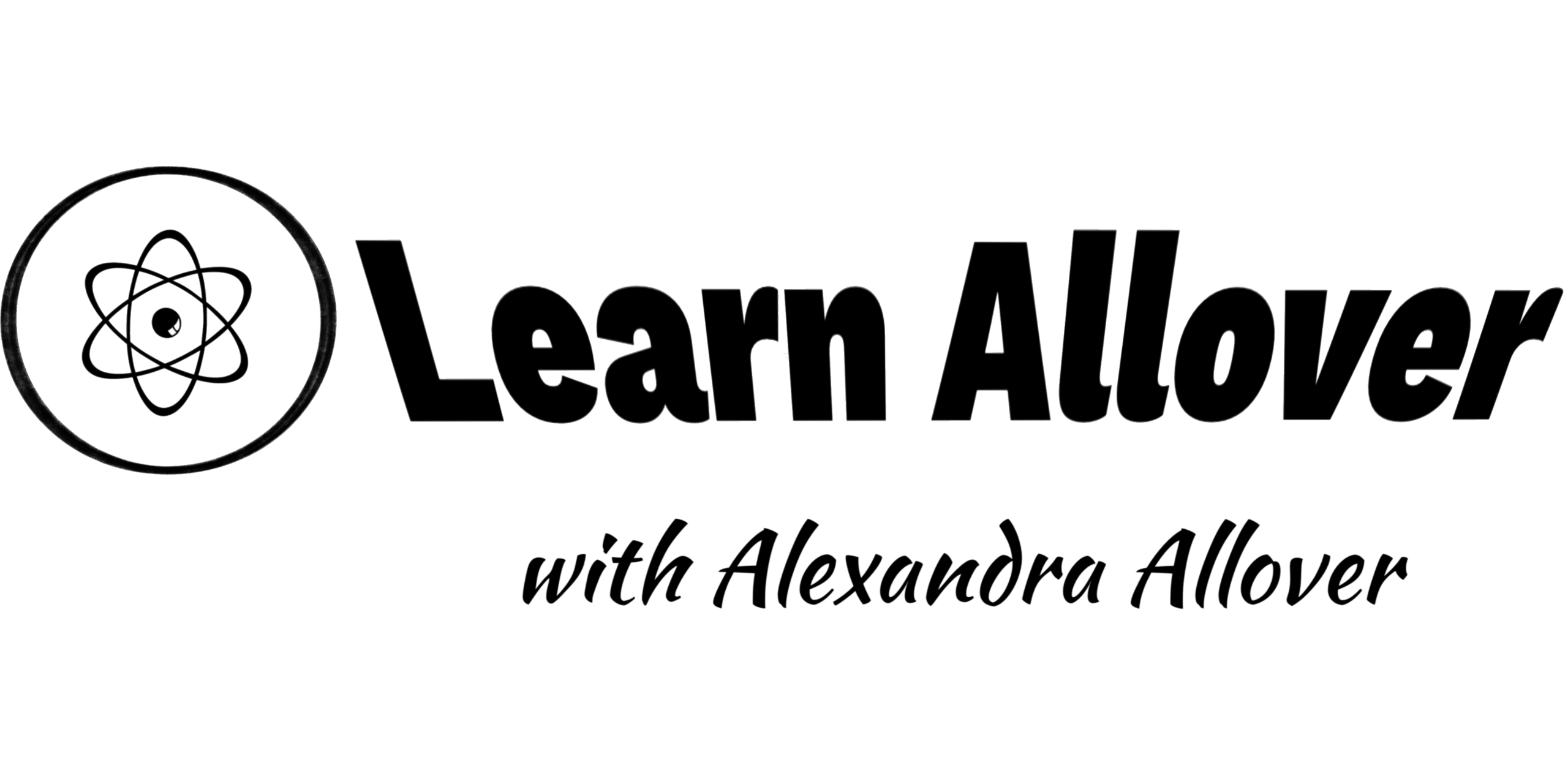How to Prepare for College in 3 Simple Steps
If you’re in high school and feeling unsure about college and your future in general, you’re definitely not alone. Many students wonder when the right time is to start figuring things out. If you’re asking yourself, “Should I start now?” the answer is yes—now is exactly the time.
Later in this guide, you’ll discover what you should be exploring by 15, focusing on by 17, and acting on by 18. Knowing these milestones will help you stay on track and avoid wasting time.
Over the years, I’ve worked with students worldwide to build a simple framework that puts you in charge of your future. It helps you understand yourself before others—like counselors, teachers, or even parents—try to decide for you.
When you take the lead, you make smarter choices. You feel more confident, motivated, and in control of your path.
This guide will help you answer three key questions before college
- What do I love to do (= What am I good at)?
- Who do I like to do those things with?
- Where do I like to do them?
Your answers are already inside you. This article will help you uncover them. By the end, you’ll be ready to take the next steps with clarity and confidence.
Let’s get started.
1. What Do I Love to Do (and What Am I Good At?)
You already know more than you think. The key is spotting patterns in what you enjoy and where you shine.
When you’re interested in something, you focus better. You work longer, ask better questions, and often improve faster. That’s why discovering your interests is the first step to building a life that fits.
Try This:
Use a sheet of paper or sticky notes. Answer each prompt honestly:
- When no one tells you what to do, how do you spend your time?
- What school subject feels exciting—or at least kind of fun?
- What websites, YouTube videos, or books do you always return to?
- When do you lose track of time?
Then go a level deeper:
- What types of problems do you like solving?
- What do friends often ask you for help with?
- What topics could you talk about for hours without getting bored?
List your answers. Then circle your top three. These are clues.
Now Sort Them Into Skill Types (TIP):
T = Things: Working with your hands, building, fixing, designing
I = Information/Ideas: Thinking, analyzing, writing, researching
P = People: Helping, leading, teaching, caring
Everyone has a mix of these skills, but one type often feels easiest or most rewarding. That’s your core strength.
Meet Michelle:
Michelle thought she wasn’t good at anything “serious.” But when she listed what she loved—organizing her closet, planning her friend’s birthday, writing short stories—her pattern was clear.
She had strong I (Information/Ideas) and P (People) strengths. She liked managing details and helping others feel good. Now she’s planning to study psychology and event management. Her list helped her see a future that fit.

Why It Matters:
When you name what you love and how you work best, you stop waiting for answers. You create your own.
Let’s move on to the next clue.
2. Who Do I Love Working With?
Sometimes, the task isn’t the problem—it’s the people.
You can enjoy a boring class or job if you’re with the right group. On the flip side, even exciting work feels draining when you’re around the wrong crowd.
That’s why your environment matters. And people are the biggest part of it.
Ask Yourself:
Write your answers on sticky notes or a page:
- Have you ever worked with someone who brought out your best?
- Do you like working solo, or with a team and regular check-ins?
- Do you feel energized by helping others, or by learning from experts?
- Do you prefer clear structure and leadership, or freedom and flexibility?
- Do you work best with serious, driven people—or relaxed, creative types?
These answers tell you something important: what kind of people help you thrive.

Think About This:
Whether it’s a teacher, mentor, classmate, or boss—some people will challenge and support you more than others.
Write down five qualities you value most in teammates or coworkers. These are your “best match” types. They’ll push you, encourage you, and help you grow.
Meet Edgar:
Edgar once joined a volunteer club at school. The work itself—sorting donations—felt dull. But he kept showing up.
Why? The people. They were kind, motivated, and fun. He realized he loved being part of a team that cared. Later, when picking a career focus, Edgar looked for fields with teamwork and social impact. He’s now preparing for a college degree in public health.
Why It Matters:
You don’t just choose a job. You choose the people around you. When they’re the right ones, everything feels easier.
Ready for the third clue?
3. Where Do I Do My Best Work?
Your environment shapes your energy. Some places help you focus, others drain you—even if you like the work.
Everyone’s “right place” is different. Some people love calm and quiet. Others come alive in fast-paced, noisy spaces. The key is knowing your preference.
Ask Yourself:
Answer these questions on sticky notes or a blank page:
- Do you prefer big cities, small towns, or somewhere in between?
- Do you love nature or buzzing urban streets?
- Do you work best in silence, or with background noise and movement?
- Do you like warm cozy spaces or cool, modern ones?
- Are you most productive with natural light or soft lamps?
Now think about the feel of the space:
- Do you want structure and formality—or freedom and comfort?
- Do uniforms, lab coats, or stylish clothes feel right? Or do you prefer jeans and hoodies?
- Do you want to talk with people all day—or have long stretches alone to think?
These preferences are more important than they seem. You’ll spend a lot of time wherever you work. It should feel right.

Try This:
List ten things you want in your ideal work setting. Include at least one from each of these categories:
- Location (city, coast, countryside, etc.)
- Workspace (light, temperature, noise level)
- Atmosphere (casual or formal, solo or social)
- Style (what you wear, how people act)
Now pick your top five and rank them. These are clues to where you’ll do your best work—not just physically, but emotionally too.
Meet Leila:
Leila used to think she wanted to be a lawyer. But the idea of long hours in a windowless office drained her.
She loved bright spaces, open windows, and being near nature. Through reflection, she realized she felt her best in calm, creative environments.
Now she’s studying landscape architecture—still helping people, but in a setting that fits her energy.
Why It Matters:
You’re not just choosing a career—you’re choosing where your life happens.
Understanding your ideal environment helps you avoid burnout and stay motivated long term.
The truth?
One in three college grads finish their degree without a clue what they want to do. Many end up in jobs that have nothing to do with their major—and nothing to do with their talents. You don’t have to be one of them.
By the time you’re 15, you should be exploring. Start identifying three broad fields that genuinely interest you. Within each field, find at least three possible jobs that spark your curiosity. This isn’t about locking in a lifelong career—it’s about noticing patterns and gathering real options.
By 17, your goal is focus. Narrow down to one field that excites you the most. Within that space, pick a few roles that seem like a great fit for your skills and personality. You’re not guessing anymore—you’re investigating.
By 18, it’s time to act. Finish your personal roadmap and make a plan: talk to people in your field, job shadow, and try internships. These aren’t just résumé fillers. They’re reality checks that help you choose your next step with confidence—not confusion.
College can be a great investment—but only if you treat it that way. Too many college students spend thousands without a plan, only to graduate into underemployment and debt. The real risk isn’t choosing the wrong major. It’s not choosing at all.
What’s your next step?
If you’re ready to develop your motivation, discover what drives you, and learn how to thrive in academics and beyond, I’ve created an online course just for you. Drawing on years of experience with students from around the world, this course brings together practical strategies for building self-awareness, developing your interests, and succeeding as an introvert—both in school and in life.
The Academic Coaching Course by Learn Allover LLC features over 80 short, focused video lessons designed to help students build motivation, organization, and long-term success strategies. It’s fully online, accessible from any country or device, and includes lifetime access—so you can learn at your own pace, anytime.
Best of all, these are the same proven strategies used by students and teachers around the world for international academic coaching. Once you have access, it’s a resource you can return to again and again—an investment in skills that will support you through school, university, and beyond.
Curious to see if it’s right for you? You can explore a free 30-minute sneak peek of the course here.


📧 Email: [email protected]
✍️ Read more BLOG posts!
…for more academic coaching & study tips!
FOLLOW me on
🔴 Youtube
